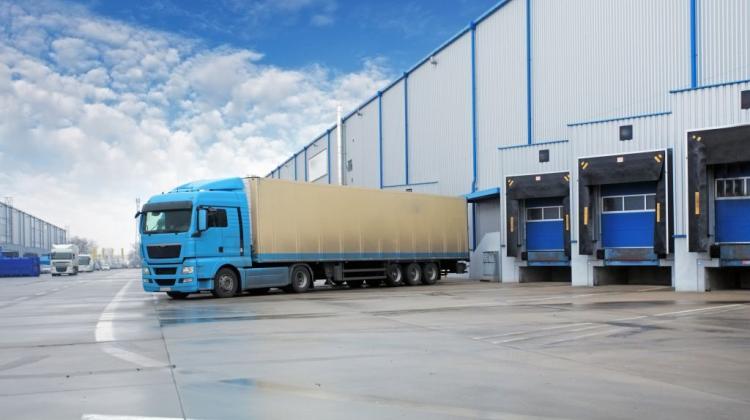Polish system for cargo scanning at the borders - close to commercialisation

Market launch of the Polish device for large cargo scanning at the borders becomes reality. At the end of October, the National Centre for Nuclear Research and the company PID Polska signed an agreement on the commercialisation of the Polish Cargo Scanning System "CANIS".
The agreement on the commercialisation of the Polish Cargo Control System was signed in Science and Technology Park of the National Centre for Nuclear Research. Cooperation with the company PID Polska gives scientists from Świerk the opportunity to market the device "CANIS" designed for scanning large cargo at the borders. The National Centre for Nuclear Research spokesman Marek Sieczkowski informed about the project in a release sent to PAP.
"CANIS is an innovative, Hi-Tech system for scanning bulky cargo shipped in airfreight containers, trucks, railroad cars etc. without a need to stop and open each container/truck/car for inspection" - explained Dr.Krzysztof Kurek, NCBJ Director General, and added: "The high efficiency of our solution in the detection of prohibited goods and the relatively low cost will undoubtedly improve border security and the efficiency of the services fighting the illegal smuggling".
"CANIS" is a device for scanning of large cargo. Its heart is an accelerator, whose task is to supply a high energy X-ray beam. This beam is directed at the scanned cargo and received by the detector system, whose task is to recreate the shape and properties of the cargo.
The innovative solution of Polish scientists is the possibility of alternating scanning with high energy (6 MeV) and low-energy (4 MeV) beams, allowing to obtain a greater contrast in images of scanned objects (better quality result).
For example, the key to the detection of cigarettes is the fact that they absorb X-rays differently than air or other materials. Cigarettes are composed primarily of organic compounds, which is why based on the images recorded by the detection system of the device customs officers can almost unerringly pinpoint the suspicious cargo. In addition, computer system supports their work through appropriate image processing. The exact contents of the interior of inspected vehicles is displayed on screen, so there is no need to open the test object, which is a troublesome and time-consuming process at border crossings, in ports and railway sidings. Polish Cargo Scanning System has thus contribute to improving the safety and efficiency of control.
Under the agreement, the PID Polska is the exclusive retailer of the Polish Cargo Scanning System. The agreement concluded for five years with the possibility of extension, provides scientists with an effective entry into the market with their unique technology.
The system was developed within framework of project "Development of Specialized Systems Based on Accelerators and Detectors of Ionizing Radiation for Medical Therapy and in Detection of Hazardous Materials and Toxic Wastes" (AiD). Essential contributions to have been also made by some Employees of the National Centre for Research and Development, PwC and the Department of Customs Service officials contributed greatly to the success of researchers, supporting this complex with their competence.
The AiD project was carried out at the National Centre for Nuclear Research in 2008-2013. The total value of the work amounted to 85.5 million zlotys, of which 67.5 million zlotys was financed by the European Union from the European Regional Development Fund.
PAP - Science and Scholarship in Poland
lt/ zan/ mrt/
tr. RL
Przed dodaniem komentarza prosimy o zapoznanie z Regulaminem forum serwisu Nauka w Polsce.

















